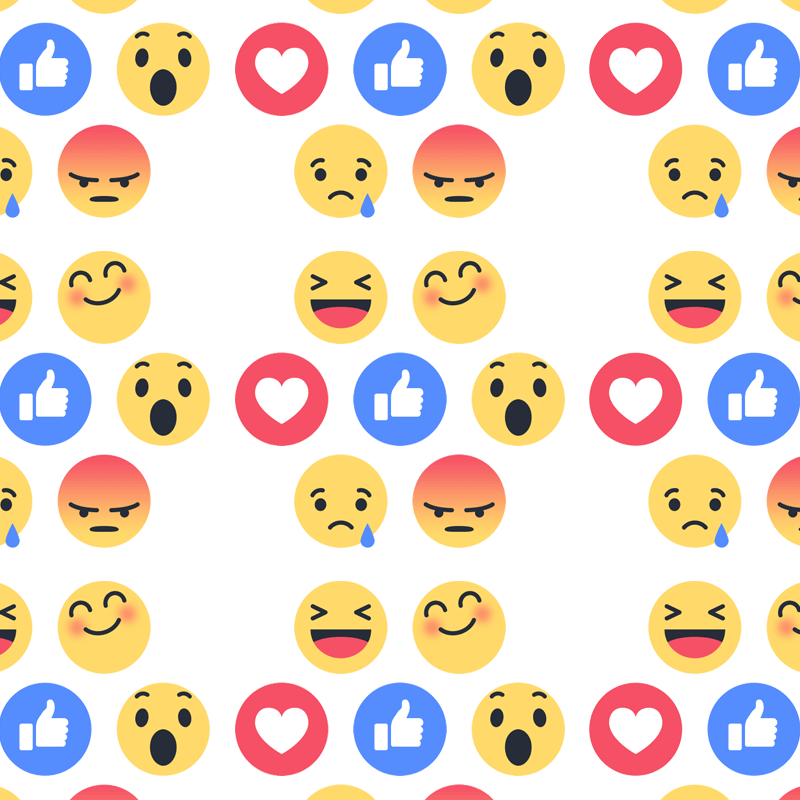
Facebook's Reactions feature has been added to Messenger just over a month. It was just only a matter of time before the social giant brings it to more places.
On May 3rd, 2017, Facebook's Reactions started to show up in comments for desktop users. It works the same, and looks identical to the Reactions on News Feed posts. With five reactions to choose, Facebook is adding the convenience of replying someone's comment without typing any words.
But unlike the Reactions on posts and Messenger, the Reactions emojis are designed to be crowded and overlap a bit as more reactions are added. To add a reaction, users just need to hover over the Like button and see their default options of six.
And unlike the Messenger's mobile implementation, the Reactions emojis have no animations after users clicked on them.

Facebook Reactions, in any ways, work exactly the same as the well-known Like button. They are simple to use, and users have the ability to change the chosen emoji once they've posted it by clicking on it again.
The Reactions feature is Facebook's answer to the once proposed 'dislike' button. Founder and CEO Mark Zuckerberg had conceded that the platform needed a more nuanced way for users to interact with posts.
But because a dislike button can open a chance for cyberbullying and misinterpretation, Facebook decided to provide an array of basic human emotions ("love", "haha", "wow", "sad", and "angry") in the form of emojis.
They all derived from spoken language comes from nonverbal cues like body language and facial expression.
This is inline to Facebook's design director, where he explained that Reactions needed to fulfill two main criteria: universality and expressivity. This is because emojis are nonverbal in nature, and there couldn't be ambiguity about what any of them meant meant in different cultures.
The bad thing about Reactions, especially to those that concern privacy, is that Facebook can use users' interactions with them to gather more personal information for advertisement targeting. Reactions feature is one of the many ways Facebook has under its sleeves to gauge the effectiveness of adverts on users' profiles.